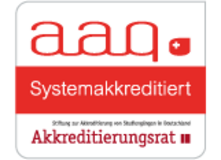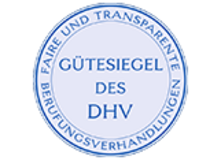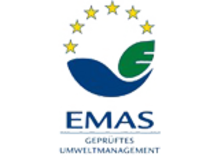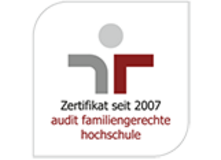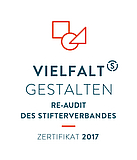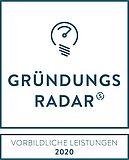Zur Ausstellung »Sie. Selbst. Nackt. Paula Modersohn-Becker und andere Künstlerinnen im Selbstakt« im Paula Modersohn-Becker Museum vom 20.10.2013-02.02.2014 präsentiert Christine Rüffert eine Reihe mit Filmveranstaltungen, deren Fokus in Analogie zur Ausstellung die nackte Selbstdarstellung von Filmkünstlerinnen ist.
Mi. 13.11.2013, 20:30 Uhr im CITY 46
Gegen die Tabus - Experimentalfilme aus 30 Jahren
In den 1970er Jahren begannen Frauen, die patriarchalen Sicht- und Produktionsweisen im Kino aufzubrechen. Besonders mit experimentellen Filmen nahmen sie nicht nur die Kamera selbst in die Hand, sondern setzten den gängigen Darstellungen von Weiblichkeit selbstbewusste Inszenierungen ihrer Körper entgegen. Das Brechen mit tradierten Motiven und Abbildungskonventionen beinhaltete nicht selten auch einen ästhetischen und moralischen Tabubruch.
Die in diesem Programm versammelten Experimentalfilme aus 30 Jahren verstören teilweise noch heute in ihrer Suche nach neuen Bildern von weiblicher Körperlichkeit und Sexualität. Sie sind Ausdruck des Bestrebens, dem Mangel an öffentlich zugänglichen Bildern weiblicher Erfahrungswelt mit mutiger Selbst-Repräsentation zu begegnen.
Die Filme:
| Anja Czioska | Me Shower, San Francisco | USA/ F/ D 1994 | 3 Min.
| Valie Export | Hyperbulie | A 1973 | 6:39 Min.
| Eva Heldmann | Johnny oder das rohe Fleisch | BRD 1984 | 4 Min.
| Barbara Thiel | Blues Transit | BRD 1988 | 8 Min.
| Claudia Schillinger | Between | BRD 1989 | 10 Min.
| Mara Mattuschka | Der Schöne, die Biest 1993 | 10 Min.
| Mara Mattuschka, Chris Haring | Legal Errorist | AT 2005 | 15 Min.
Mit einer Einführung von Christine Rüffert (Universität Bremen)
Programmlänge 100 Min. (Filmlänge 60 Min.)








